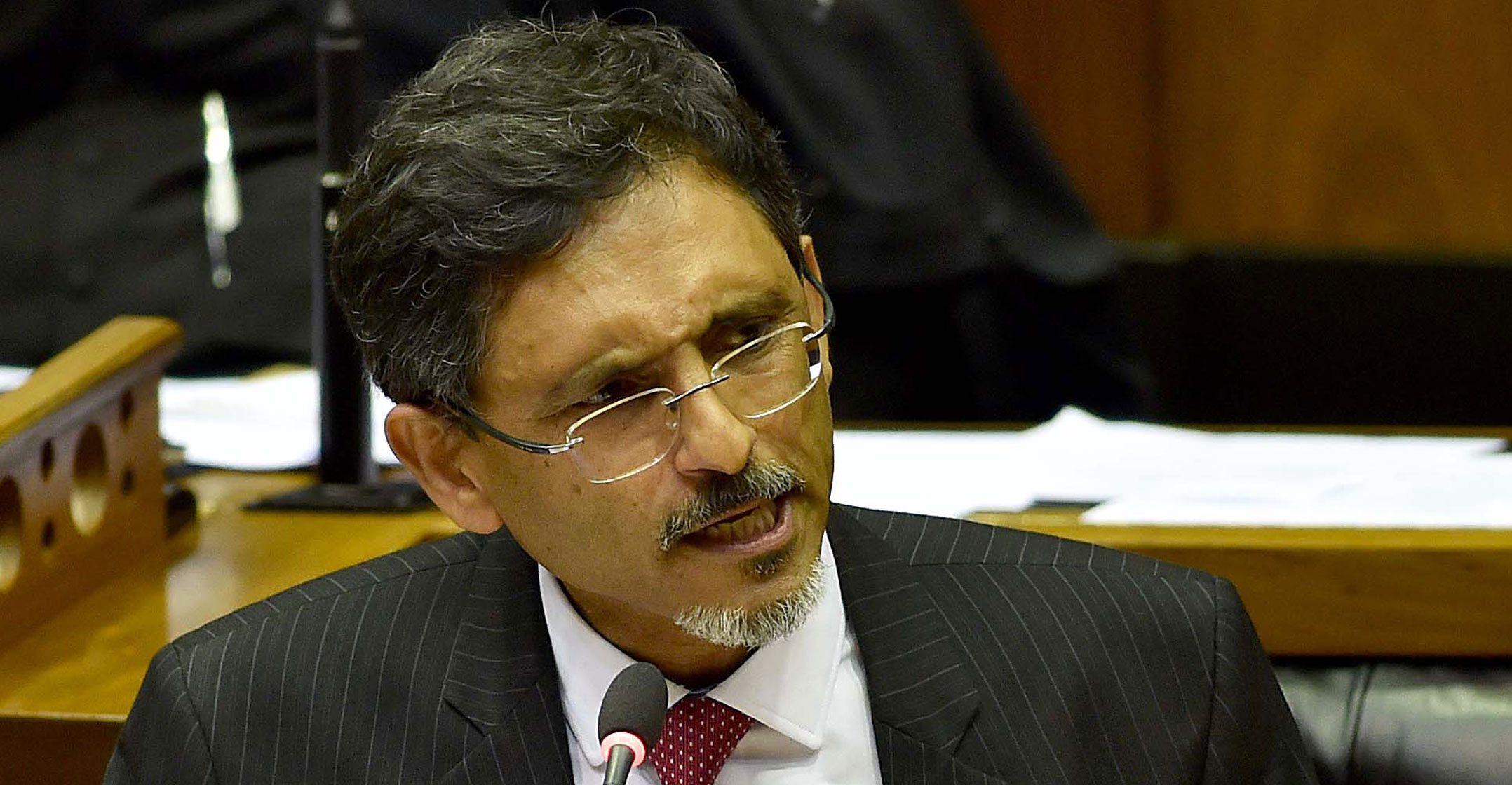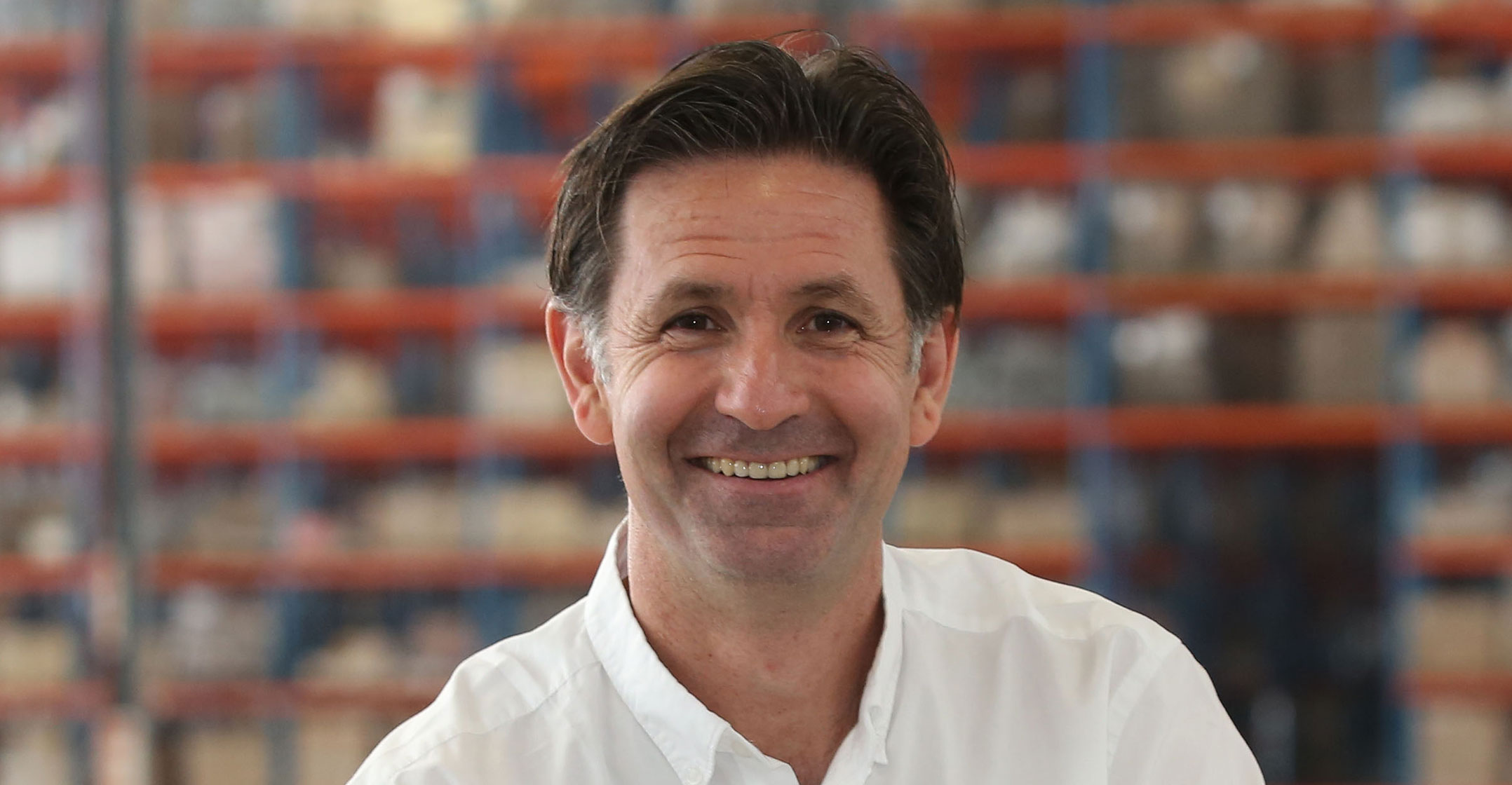
Trade & industry minister Ebrahim Patel has effectively shot down requests by online traders to allow unfettered e-commerce in South Africa, saying doing so would be seen to be “unfair competition” and risked spreading Covid-19.
The minister’s comments, at a government press conference on Saturday, is likely to be met with disappointment and outrage from e-retailers, including the country’s largest, Takealot.com, which have argued that unfettered online shopping has been allowed in most other countries, including China, during their lockdowns as a way of containing the spread of the novel coronavirus while supporting economic activity.
Patel made it clear at the press conference that he’s not buying into these arguments.
“If we open up any one category, let’s say e-commerce, unavoidably there’s enormous pressure to do the same for physical stores, for spaza shops, for informal traders, so there is fair competition,” Patel said.
“When we have all the other parts of retailing also selling (products), then of course you have huge numbers of people moving in the society. We need to make sure we have a system in place that has wide societal support, that ensures we don’t now multiply and increase dramatically the number of places that sell things to the point where effectively the virus spreads, where we have large numbers of people dying, where we have coffins all over the show.”
The minister said “graphic pictures” from Italy of “army trucks being used to move coffins around because all the normal services were overwhelmed and huge numbers of people had died” should serve as a warning.
‘It’s real’
“More than 50 000 Americans have died in this pandemic. It’s real. The fact that we haven’t had huge numbers of deaths in South Africa shouldn’t make us complacent. It’s important that we keep the systems and the arrangements in place and that we do everything humanly possible to save lives.”
In an interview with TechCentral on Friday, Takealot CEO Kim Reid vented his frustration over government’s continued ban on unfettered online shopping, describing it as “incomprehensible” and saying it flies in the face of government’s commitment to the “fourth Industrial Revolution”.
“It is incomprehensible that this country cannot see the economic value that online can deliver to South Africa in a time of need, the social value that it can deliver at this time. Everywhere in the world it’s open and doing exactly what it should be doing, which is facilitating social distancing,” Reid said.

“There should be no limitation on online delivery to the home – no limitation! And I’m not talking about food – food is more controversial – but when we get down to the delivery of essential and non-essential goods to people’s homes … it’s daft (to ban it).”
He said the government has been “short-sighted” on not allowing unfettered online shopping, particularly given the platitudes it so often pays to the fourth Industrial Revolution and the importance of technology innovation in growing the economy. – © 2020 NewsCentral Media

